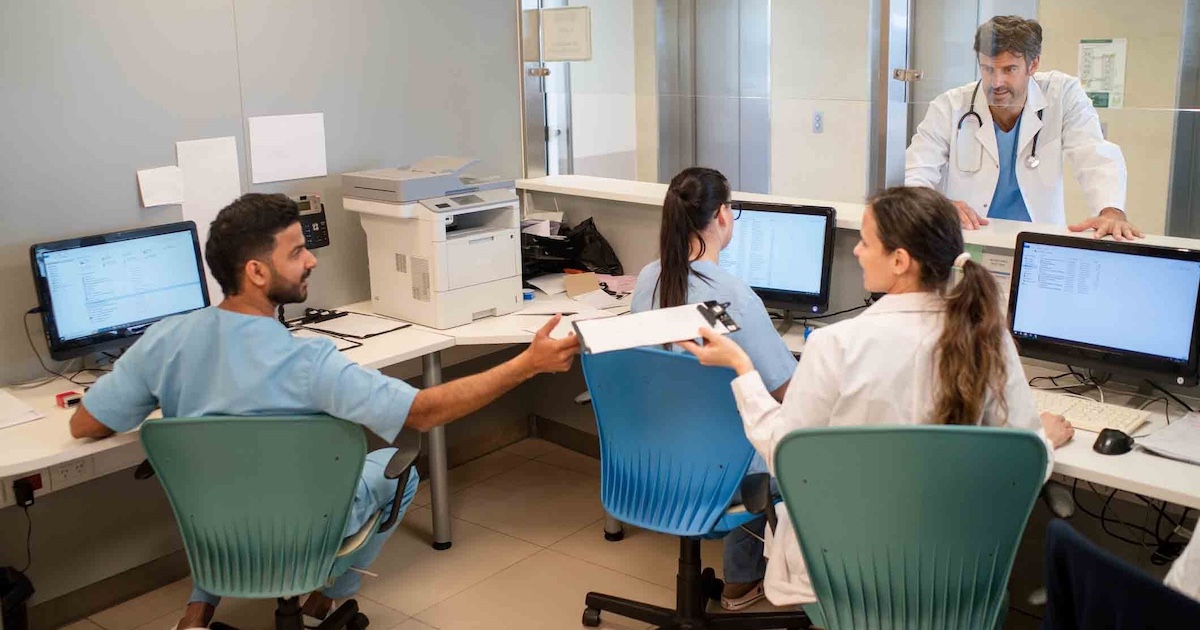One of the world's largest organizations for mobile operators has launched a global campaign to combat diabetes through the use of mHealth solutions, targeting a chronic disease that affects some 371 million people around the globe.
The GSMA, a London-based organization representing advocacy groups and organizations as well as manufacturers, software companies and Internet providers, launched its mDiabetes Campaign with the aim to "better understand the commercial models for mDiabetes solutions that have launched or are in development, and to identify and address key market barriers, with the ultimate goal of stimulating the creating and delivery of clinically meaningful mDiabetes solutions."
"This is truly a global challenge, and one in all economies, not just the developing world," said Jeanine Vos, executive director of GSMA mHealth. "There are a large amount of opportunities."
"I think every economy around the world recognizes the need to address this now," added Michael Curran, director of the GSMA mDiabetes initiative. "It's a growing epidemic … and measurement is quite easy to establish."
The campaign seeks to encourage operators – the GSMA represents some 800 mobile operators and 230 companies in more than 220 countries – to develop mobile solutions for diabetes care, facilitate interoperability among the many organizations involved in diabetes management, generate awareness for mHealth solutions and facilitate mHealth trials, initiatives, studies and product launches.
“Diabetes is a global epidemic and is only set to worsen – 371 million people worldwide live with the condition and this figure is expected to increase to 552 million by 2030,” said Michael O’Hara, the GSMA's chief marketing officer, in a November 2012 press release announcing the campaign's launch. “Diabetes care continues to pose challenges of affordability, complexity and access the world over. In contrast, mobile access is ubiquitous. There are more than 3 billion mobile subscribers around the world, and with the increasing adoption of smartphones and new and innovative ‘connected devices,’ and the proliferation of mobile broadband networks globally, mobile is poised to play an ever-increasing role in healthcare.”
To propel the initiative into the mainstream, the organization released three white papers targeting the use of mHealth solutions to address chronic disease challenges and unveiled the mHealth Grand Tour, a bicycle tour that will begin on Sept. 5 in Brussels, Belgium and conclude on Sept. 18 in Barcelona, Spain. The 14-day tour will be coordinated with the International Diabetes Federation European Region, which represents more than 55 million diabetics living in Europe.
“We know from our own trials that mobile technology can transform quality of life for patients with conditions such as diabetes and, at the same time, foster efficiency for healthcare providers and payers," said Jose Perdomo, director of eHealth at Telefónica Digital, a member of the GSMA mHealth Leadership Board, in a release announcing the tour. "We welcome initiatives such as the GSMA’s mHealth Grand Tour, which will help demonstrate the capabilities of how mobile technology can manage chronic conditions in real-life circumstances.”
Among the participants will be Diabetes UK, Great Britain's leading diabetes organization, serving more than 300,000 members.
“New technology and mobile-based solutions, such as the Diabetes UK Tracker app, can play a vital part in empowering someone with diabetes to be able to manage their condition in the way that suits them. This is why Diabetes UK is supporting the mHealth Grand Tour,” said Svetlana Kirov, Diabetes UK's deputy director of fundraising, in the release. “We welcome keen cyclists who are up for this challenge to join the Diabetes UK team to help us raise funds to continue our important work. The money raised through the Grand Tour will help us to make life better for the 3.7 million people in the UK with diabetes and the 7 million people at high risk.”
In the United States, meanwhile, Curran said partnerships like that between AT&T and WellDoc are proving that mHealth can be used to detect, manage and improve the lifestyles of those with diabetes or susceptible to becoming diabetic.
"I think we have seen a huge groundswell of evidence over the past few years, not only in management but in the cost of care," he said.
Vos pointed to the GSMA's online database of more than 900 mHealth trials and services, with more added each month. She said the initiative should involve governments as well as patients and providers, with the goal of improving clinical decision-making and finding ways to subsidize mHealth programs.
Vos said mHealth appeals to the chronic disease population – and to providers – because "mobile is such a personal solution." It can be tailored to individuals, she said, rather than adopted in a blanket approach.
For more information on the initiative, including access to the white papers, visit www.gsma.com/connectedliving/mhealth.


